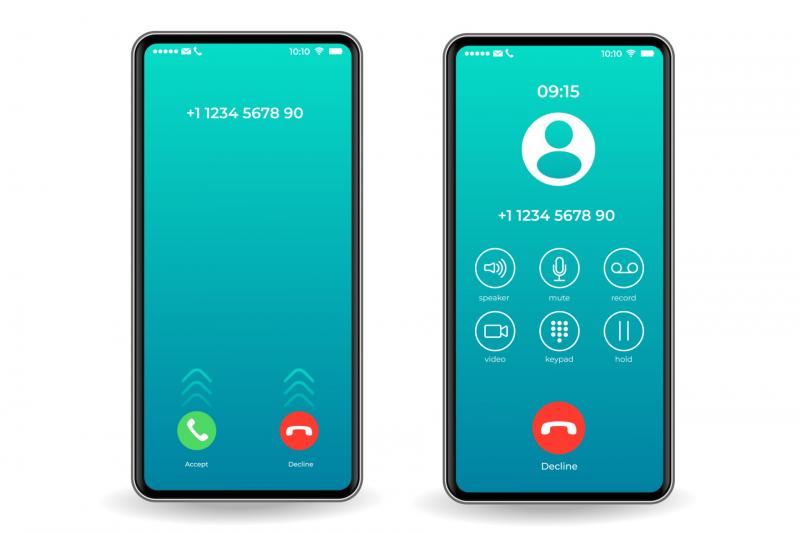AI Scams and How to Protect Your Loved Ones
Imagine receiving a call from a loved one in distress. For most people, the first impulse is to offer assistance. Unfortunately, the "person" on the other end is not a loved one, but a scammer who is using AI to make themselves sound exactly like a friend or family member. The scammer might say that they've been in an accident, or even that they've been kidnapped and that a ransom is required for their release.
AI voice scams have been on the rise according to the FCC and the elderly are often seen as an easy target. Here is what you can do to protect your family from AI voice scams.
Understand the Common Scams
AI can mimic voices with incredible accuracy simply from a clip online. With many people having social media accounts that involve posting videos, finding a voice clip is easy. Next, the scammer can spoof the caller ID to make the call look like it's coming from a trusted source; for instance, they might make it look like the call is coming from a local area code. Some scammers might even make it look like they are calling from a loved one's phone number. Once the scammer gets a family member, often a grandparent, on the phone, they will pretend that they are a relative who is in trouble and needs cash immediately in order to prevent a terrible fate. The scammer will then pressure the caller to send money via either a wire transfer, a cash app, or by buying gift cards.
In most cases, the individual that the scammer is pretending to be isn't even aware that their voice is being used to scam a family member. It's only later, when the worried family member calls them to check in that anyone realizes that a scam has occurred.
Have the Conversation
Knowing that these scams exist is crucial and, because the elderly are often not aware of the latest technology, they can be easy targets. Make it a point to discuss AI scam calls with your entire family and create a plan to ensure that the scammer cannot aging money or other valuable information.
Create Safeguards
Make sure your entire family knows how the scammers operate and agree on a way to help identify each other on the phone in case of an actual emergency. If a call is suspicious, even if it's from a loved one, hang up and call them back or shoot them a text to ensure they're fine. If a loved one claims that they are at a hospital or police department, call their direct number to verify.
For the sake of not worrying elders, who may have health conditions that are aggravated by stress, consider having an established phone tree in your family where, if something happens, a designated parent or aunt is the first person to call and the grandparent is the last.
Stay Up to Date
Unfortuantely, bad actors will continue to use technology to scam others and, as awareness and technology grow, the scam will continue to evolve. Make it a point to look out for news on scams that affect your state and local community. The AARP has created a fraud-tracking app that can help you stay up to date.
AI scams are awful, predatory acts, but creating awareness and having a plan can help you protect yourself and your family.
- Log in to post comments

